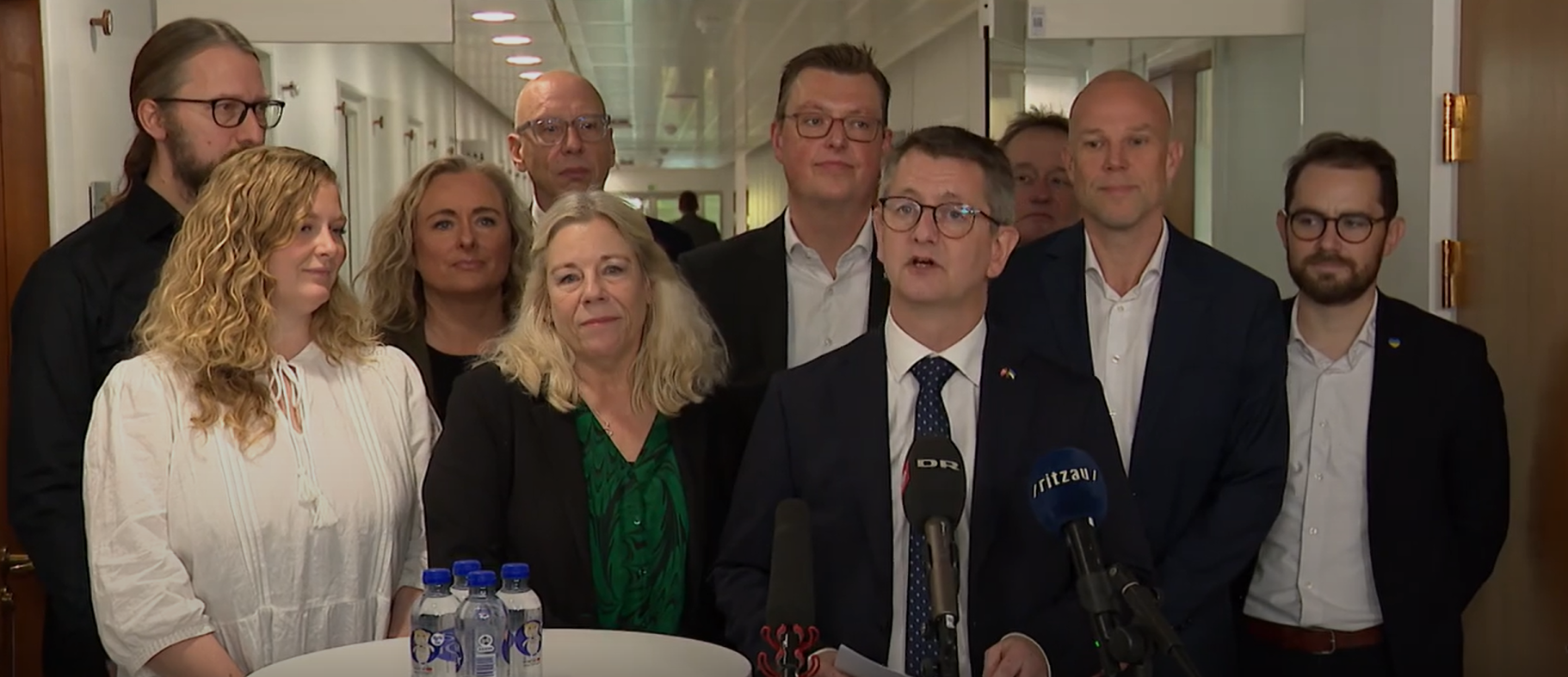
Mark Boal and Kathryn Bigelow, the writer-director pair behind the Oscar winning Iraq war drama The Hurt Locker, were all set to make their follow-up film about a failed attempt to capture Osama bin Laden. Of course, that was until they received word on 2 May 2011, that the American Special Forces struck lucky their second time around. Most filmmakers would have shelved the project altogether, but this defiant duo decided to start all over again.
Zero Dark Thirty stars Hollywood’s leading lady of the moment Jessica Chastain as CIA agent Maya. A relatively new police official, in the wake of the September 11 attacks, she’s sent to the US Embassy in Pakistan and assigned the fearsome job of hunting down the world’s most wanted man, dead or alive. Chronicling her nine-year pursuit, Maya is confronted with countless false leads, dead ends, bureaucratic red tape, political espionage and the rising death toll of her embassy colleagues. It’s enough to cause a breakdown, but it only makes Maya more dedicated and resilient on the manhunt.
No words can do justice to Chastain’s Oscar-nominated performance. Maya is a character so completely drained of emotion or sympathy that her presence is endlessly mesmerising. Similar to her underrated 1989 cop drama Blue Steel, Bigelow presents a formidable and empowering heroine who is rarely available in mainstream cinema and society altogether. Ballsy and shrewd, Chastain’s Maya is the beating heart of what is an otherwise entirely unnerving, frosty feature.
That’s not to say it’s bad, of course, just difficult. At times, it can be very difficult. Working with Killing Them Softly director of photography Greig Saucer, the handheld close-ups that dominate the film are so claustrophobic that you can almost taste the desert sand stuck on the camera lens. However, such a bare-bones aesthetic also produces some of the most white-knuckle cinematic experiences you’ll ever see; particularly in the final blackened night, capture-and-kill sequence.
As with The Hurt Locker, ferocious visuals are not the only thing Zero Dark Thirty boasts in its impressive inventory. Primarily based on interviews with intelligence operators and undisclosed CIA officials’ reports, journalist-cum-screenplay writer Mark Boal produces a script that mercurially bulldozes any narrative clichés and formulaic character tropes and instead offers punchy political dialogue, so naturalistically delivered that it really has an uncomfortably veracious, almost documentarian zing to it.
As we all know the story’s eventual outcome, the film rightly focuses on a warts-and-all depiction of the procedural, comprehensive details of Maya’s first experience working with trophy infidel interrogator Dan (Jason Clarke), up to when she shakes the president’s defence committee into red-alert action (expertly, if all too briefly played out by James Gandolfini and Mark Strong).
Despite the critical plaudits and award pile-ups, the film’s moment in the limelight has been stolen by a particularly shouty debate regarding its presentation of waterboarding and torture, more generally. Most shocking of all is to find that, amongst all that divisive babbling, Zero Dark Thirty is controversial in how starkly uncontroversial it all is. In what could understandably be considered a criticism of the film, Bigelow and Boal’s presentation of such nefarious subject matter is so pragmatic, so docile, that they have not only earned their ‘based on a true story’ stripes, but used them as a catalyst for public provocation.
If you want to watch a film littered with scorn and staunch commentary on the American War on Terror, perhaps you’d be better off with puppet-starring satire Team America. If you want the most unnerving, brilliantly acted thriller of the year, see Zero Dark Thirty. Remorseless and torturous it may be, but you won’t be able to stop watching.
Zero Dark Thirty

Dir: Kathryn Bigelow; US action/drama, 2012, 157 mins; Jessica Chastain, Jason Clarke, Kyle Chandler, James Gandolfini, Mark Strong, Chris Pratt
Premieres February 7
Playing nationwide











